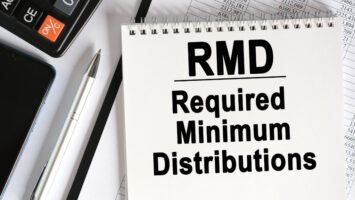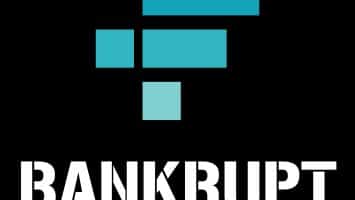Quality of the stock market is often perceived as a measure of how efficiently it allocates resources, distributes information, and creates value. Market quality is evaluated by analysing factors such as liquidity, price efficiency and transparency. In the context of Nasdaq Nordic, which comprises eight Nordic and Baltic countries’ equity markets, market quality has been an area of interest for investors, regulators, and academics. This article aims to provide insights into Nasdaq Nordic’s market quality by uncovering the key players behind it.

Understanding Market Quality in Nasdaq Nordic Stocks
Market quality refers to the efficiency of a market in executing trades, transmitting information, and pricing assets. It is determined by the interplay of various market participants, such as investors, dealers, brokers, and regulators. In the case of Nasdaq Nordic, market quality is influenced by several factors, such as market structure, trading rules, order book depth, volatility, and news. Investors are interested in market quality as it affects their trading costs, execution speed, and risk exposure. Regulators monitor market quality to ensure fair and orderly markets, prevent market abuse, and maintain investor protection.
Revealing the Key Players behind Market Quality in Nasdaq Nordic
The makers of market quality in Nasdaq Nordic can be broadly classified into three categories: liquidity providers, informational intermediaries, and regulatory bodies. Liquidity providers are market makers or high-frequency traders who supply the market with liquidity by continuously quoting bid and ask prices. They reduce bid-ask spreads, increase order book depth, and enhance price discovery. Informational intermediaries are investors or analysts who generate and disseminate information about companies, industries, or macroeconomic factors. They enhance market efficiency by reducing information asymmetry and improving investor confidence. Regulatory bodies such as Finansinspektionen, Finanstilsynet, and Financial Supervisory Authority oversee and enforce trading rules, monitor market activity, and investigate potential market abuses. They ensure market integrity, stability, and transparency.
Market quality is a complex concept that involves multiple dimensions and stakeholders. Nasdaq Nordic’s market quality is shaped by a variety of factors, ranging from liquidity to regulation. Understanding the makers of market quality in Nasdaq Nordic can help investors make informed decisions, regulators enforce fair and orderly markets, and academics advance the knowledge of financial markets. It is essential to recognise that market quality is not a fixed attribute but a dynamic process that evolves over time. Thus, continuous monitoring and assessment of market quality are necessary to maintain and improve it.
Ainu Token aims to offer impartial and trustworthy information on cryptocurrency, finance, trading, and shares. However, we don't provide financial advice and recommend users to conduct their own studies and thorough checks.



Comments (No)